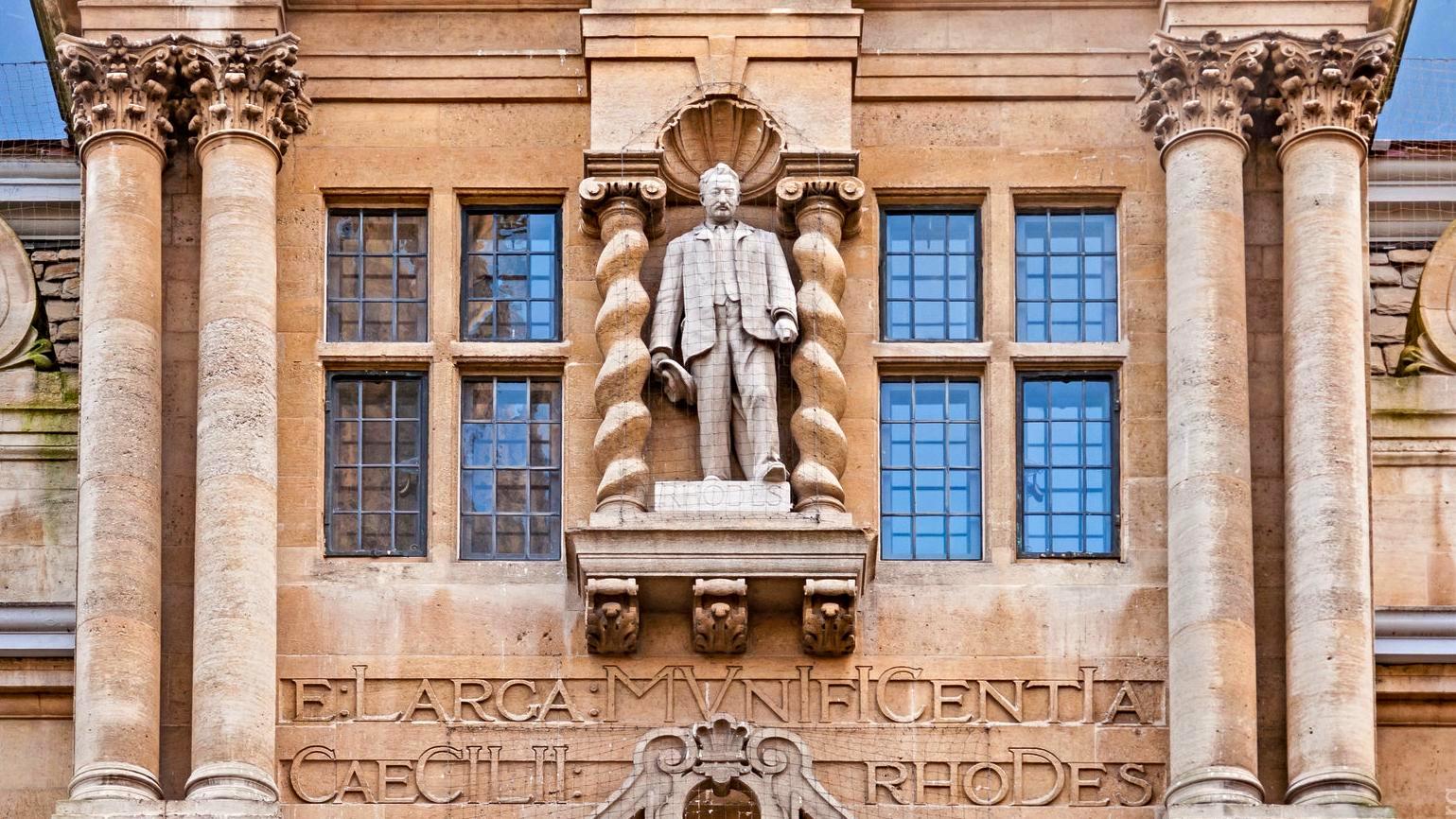Many barriers remain for eligible African nationals seeking to enter higher education in the global North, including a lack of information about application processes and funding opportunities. LSE’s Ikenna Acholonu and Loris Lysiotis demystify the application criteria for universities such as LSE, and share useful knowledge for prospective students.
This post is the first in the series ‘Pathways to Success for Africans in Higher Education‘, bringing awareness to the journey that African nationals experience when navigating tertiary education.
Although the majority of colleges and universities in the global North admit applicants who fit their minimum grade and financial requirements, selective institutions of higher education have become ‘guardians’ who delegate access to societal influence and power. This happens for an assortment of reasons including the networks that are built by attending these institutions, and African students who have attended elite institutions of higher education in the United Kingdom and United States have become some of the most influential leaders on the African continent.
At LSE typically 80% of students in postgraduate programmes are international with a growing number coming from the African continent. According to the University UK 2019 report, in the UK overall international students make up almost 20% of the total student population with African students accounting for less than 6% of the international cohort. Clearly, there are still many challenges that African students face in accessing these spaces.
One of these challenges has been a lack of information about the application process, selection criteria and funding opportunities. In order to effect change, it is important for African students to have knowledge of navigating these three areas and for institutions to share information more widely in a way that allows them to effectively demonstrate their merit and maximise their chances of being successful applicants.
What type of students are universities looking for?
LSE and other highly competitive universities in the UK are first and foremost looking for students who have a strong and well-developed academic interest in and understanding of the programme they are applying for. Selectors at LSE are looking for students who can demonstrate their engagement with their subject(s) and an ability to reflect critically and rigorously on issues within the subject(s). The personal statement or the statement of academic purpose is therefore a key part of the application at the undergraduate and postgraduate levels respectively.
In terms of what selectors are looking for, there is some variation depending on the level of study (undergraduate or postgraduate) and type of subject (quantitative or non-quantitative). For postgraduate programmes, for example, as students apply directly to LSE, selectors are looking for candidates who understand the scope and content of the programme(s) they are applying for, and how the programme(s) can help them achieve their objectives. In addition to this, quantitative programmes require applicants to have a very strong quantitative background, with high marks in mathematical and statistical modules in their previous studies. There is no ‘ideal’ candidate – selectors are looking for academically able students who can best reflect on their academic (and relevant professional) experiences and ideas they have encountered through the opportunities available to them – not those who have had the best opportunities.
What challenges do African students face when applying?
The first challenge has to do with navigating the application process, which seems daunting. The very first step is to identify which programme(s) a student wishes to apply for. In the LSE context, on the website prospective students can find a list of 40 undergraduate programmes and over 140 graduate programmes. For each programme, we offer extensive information on the scope and content, including preliminary readings and a detailed list of all the compulsory and optional modules which form part of a programme.
For undergraduate programmes, students apply through UCAS and do not send a direct application to LSE. The deadline for applying is 15 January of the year that they want to start their studies. Both UCAS and the LSE website offer advice (and a video) on the application process.
For postgraduate programmes, students apply to LSE directly. Applications open in October each year and operate on a rolling admissions basis for Master’s programmes. This means that programmes close for new applications once they have filled up their places, so the earlier students apply, the more chances they have of getting a place. Information on the graduate application process can be found here and guidance on the supporting documents students need to provide can be accessed here. There’s also a video on how to apply here.
The second challenge are financial barriers to studying abroad. Scholarships for African students exist and can either be from the university itself or an external source, each with their own criteria and application processes. LSE lists a number of opportunities targeting African students here and country-specific scholarships can be searched here. For LSE funding, students can only be considered once they have applied for a place at the School and many opportunities are based purely on financial need (such as the Undergraduate Support Scheme and the Graduate Support Scheme). External funding can include applying for any of the multiple scholarships described here.
A third, more personal challenge may have to do with an applicant’s confidence level. There is often anxiety around the idea of studying abroad and leaving one’s home country. These fears can be appeased by looking at the accounts of previous students and looking into the different programmes that could help build a community while a student studies. At LSE, extracurricular activities like participating in the Afro-Caribbean Society, Programme for African Leadership or the LSE Africa Summit help build a sense of belonging for African students in addition to the range of support services available on campus.
How can students find out more
The LSE website is an excellent resource for prospective students. In addition to information on specific programmes and entry requirements (country-specific entry requirements can be found here). Prospective students can also get in touch with LSE staff in Student Marketing and Recruitment through the Live Chat to ask questions.
Two online information sessions will be delivered for African students in October, which are open to any interested students for all levels of study. For more information and to register, please see here:
- 27 October, 2020 at 4:00 pm (BST): Southern Africa
- 28 October, 2020 at 4:00 pm (BST): East and West Africa
The lack of information on how to navigate the application process is one of many hurdles that African students face when working to access education in the West, but having this knowledge can help open doors to new opportunities that may positively impact a student’s experience and contribute to the impact they will have in their communities. As competitive institutions like LSE work to increase engagement with Africa, programmes like the Africa Engagement Programme at LSE will help to support the pathway to success for African students.
Photo: Students on the Programme for African Leadership at the London School of Economics. Credit: Owen Billcliffe.





